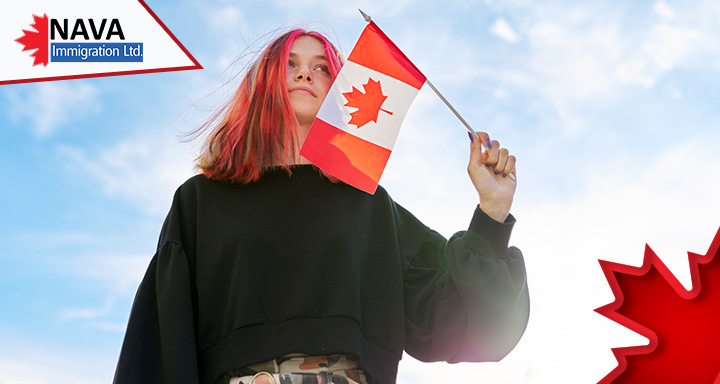FAQs About Student Visas, Workers, and Tourists Coming To Canada
Foreign workers, international students, and tourists in Canada on a work/ study permit or visitor visa might need a visa, depending on their nationality. Well, work and study visas are an integral part of the immigration journey for those who require them and are distinct from work and study permits. Below are FAQs about student visas, workers, and tourists coming to Canada.
What Is The Difference Between A Visa and A Permit
Work and study permits are essential documents that enable foreign nationals to work/ study and reside in Canada for the duration of their permit validity. Permits confer a legal status onto the holder and determine what the holder can do in the nation and for how long.
Work permits in Canada can broadly be divided into Open Work Permits and closed/ Labor Market Impact assessment-based work permits.
On the other hand, visas allow for entry and re-entry to Canada at a port of entry. Visas essentially empower holders to cross a border with proof that they have been conferred a legal status and are approved to enter or re-enter Canada. Work, study, and visitor visas are broadly known as Temporary Resident Visas. Those who do not need a TRV will likely need an Electronic Travel Authorization (eTA).
Can I Pay For A Visa/ eTA In My Country’s Local Currency?
Another one of the integral FAQs about student visas, workers, & tourists coming to Canada is regarding paying.
Many newcomers to Canada can pay for their visas or eTAs in their local currency. To confirm if this applies to your situation, it is better to see on the IRCC’s official page as to which visa office will process immigration applications from your nation of residence. This will offer you a better idea of whether you can pay in your local currency.
Should I Apply For An eTA Or Visa At The Same Time That I Apply For My Work/ Study Permit?
IRCC advises not to apply for an eTA or a visa when submitting a work or study permit application. An eTA or visa will be issued to successful candidates at the same time as their work or study permit is processed.
In addition, applicants who require a work/ study visa should be aware that they must submit their passports to a Canadian visa office to have a document issued to them.
Once I Have A Temporary Resident Visa, Can I Leave Canada and Come Back?
There are two kinds of temporary resident visas: single-entry and multiple-entry visas.
Temporary residents with a single-entry visa will need a new visa to re-enter Canada. You can ask to return to the country on your original single-entry visa only if:
- You are traveling to the United States, St. Pierre, and Miquelon
- You will return to the nation before the end of your approved stay
The above conditions also apply to those asking to return to Canada on an expired visitor visa.
Temporary residents with a multiple-entry visa can leave and come back to Canada multiple times during the validity period of their visa.
How Do I Know When My Temporary Resident (TR) Status In Canada Has Expired?
Newcomers who are in Canada on a work or study permit can check their documents to see when their temporary resident status expires.
There might be cases where your visa/ eTA expires before your temporary resident status – in which case you might need to apply for an extension of your visa or renew your eTA.
In addition, for tourists arriving at a port of entry in Canada, a Canada Border Service Agency office will place a stamp on their passport with a handwritten note or issue a document indicating their date of entry.
Officers might occasionally write a small note below the stamp, indicating the exact date that your temporary status expires. If there is no stamp, handwritten note, or new document issued in your passport, your temporary status will expire six months from the day that you come to Canada.
I Obtained A New Passport, But My Valid Visa Is My Old One, Can I Still Use The Visa In My Old Passport?
The last and one of the integral FAQs about student visas, workers, & tourists coming to Canada is regarding a passport.
Newcomers in this situation can still come to Canada using the visa in their old passport. In order to do so, they need to bring both their old passports and their new valid passport or travel documents.
IRCC advises that while this method is legitimate, newcomers should still try to obtain a new visa in their valid passport in order to avoid potential delays at the border. Newcomers might also need to explain why their old passport or travel document is no longer valid.
If you seek information on how to begin your Canada immigration application process, you can talk to our NavaImmigration experts at 1800-918-8490, or you can drop us an email at [email protected].





